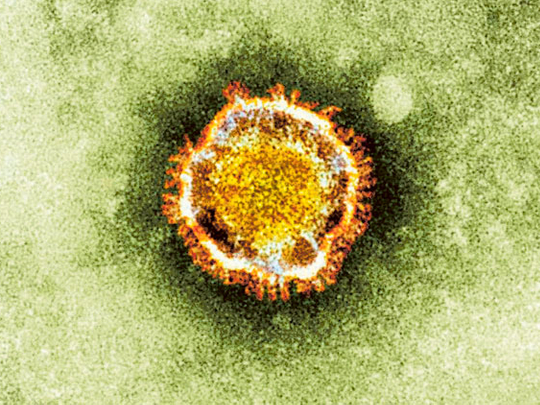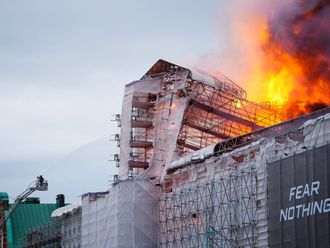
London: A person suffering from a SARS-like virus has died in Britain, hospital officials said on Tuesday, becoming the sixth fatality from the illness worldwide.
The patient was being treated for so-called novel coronavirus at Queen Elizabeth Hospital in Birmingham, central England, and died on Sunday, the hospital said.
The victim was one of three people in the same family with the virus, which appeared to have been caught by one of the family members during a recent visit to the Middle East and Pakistan.
“A patient being treated for novel coronavirus at the Queen Elizabeth Hospital Birmingham has died. The patient passed away on Sunday morning in the hospital’s critical care unit,” the hospital said in a statement to AFP.
The World Health Organisation on Saturday urged countries to be vigilant over the spread of the virus.
A total of 12 cases of the virus have so far been reported to the WHO with five previous fatalities - three in Saudi Arabia and two in Jordan.
The person who died in Britain already had a “long-term, complex unrelated health condition”, the hospital said.
“The patient was immuno-compromised and is believed to have contracted the virus from a relative who is being treated for the condition in a Manchester hospital,” it added.
The hospital was working with Britain’s Health Protection Agency to trace other family members and contacts of the patients, it added.
The other two patients from the same family are said to be recovering.
The cases raised alarm because they appeared to show person-to-person transmission of the virus, although the WHO said the risk of infection appeared to be low.
There have been four cases of the virus in Britain so far after a 49-year-old Qatari man was treated at a London hospital in September for the virus.
Coronaviruses cause most common colds but can also cause SARS (severe acute respiratory syndrome).
A SARS epidemic killed more than 800 people when it swept out of China in 2003, sparking a major international health scare.












